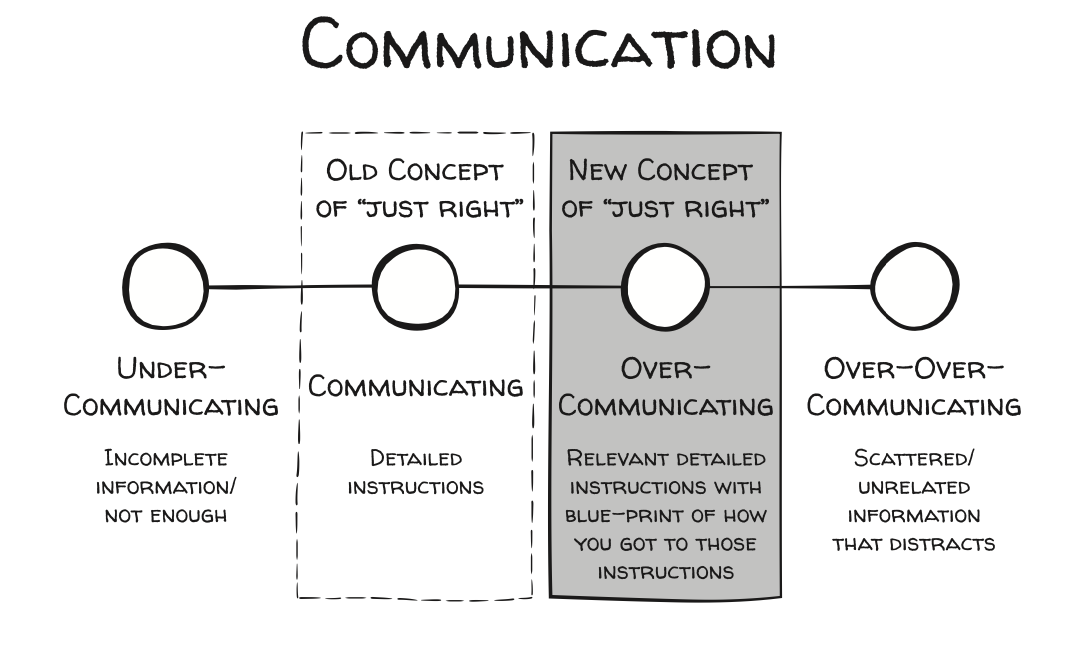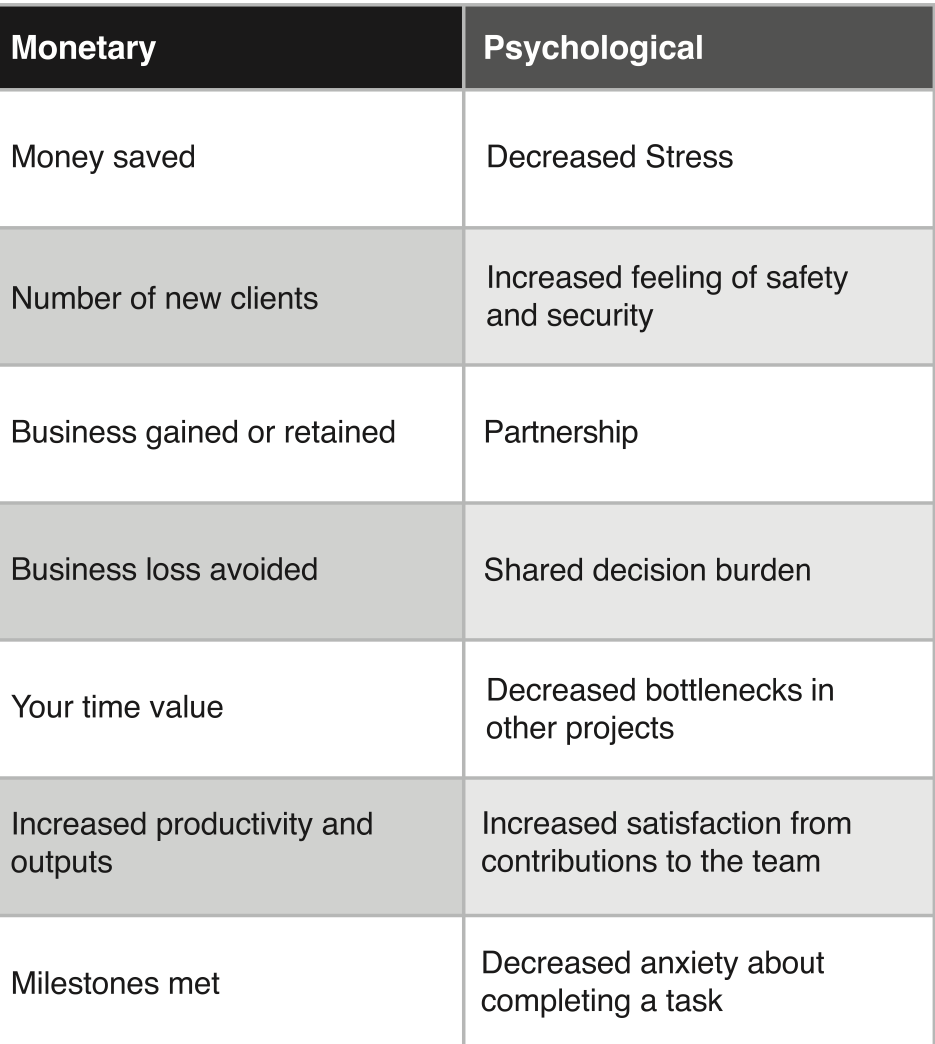I recently interviewed Shaquille O’Neal for the Launch Your Business podcast. During our chat I asked him “What’s a question almost nobody asks you, but they should, because the answer is so powerful?”
His response: “How do I get so much done? And the answer is delegation.”
Sure, we’ve all heard about how important it is to delegate. But when Shaq reveals it as the secret to his success, you know it’s time to stop listening and start taking action.
And if you’re ready to take action, Valerie Trapunsky (Founder & CEO ChatterBoss) has the guidance you’re looking for. Valerie’s company provides virtual executive assistants to busy entrepreneurs and executives.
Her new book, Delegation Nation: How Entrepreneurs and Assistants Can Thrive Together in a Remote World, will teach you how to build strong delegation habits, navigate challenging situations as they arise, and establish impeccable communication—all to form the ultimate dream team.
I’ve shared my top ten takeaways below.
When to hire
“Waiting until the business is more established and has more revenue is a strategy that can be a double-edged sword. On the one hand, the cost to work with an assistant feels very justified at that later stage. On the other hand, most individuals hold on to the admin workload for too long because they have trained themselves to do it themselves from the start. By the time they need help, it feels like they needed it yesterday.”
The downside of micromanaging
“Micromanagement from the entrepreneur signals distrust. Assistants want the entrepreneur to recognize them for their work, and they want to know they have earned that person’s trust.”
Related: Dorie Clark Shares the Strategies of a Successful Entrepreneur
Why the right mindset is crucial
“Going into a relationship with assistants requires an important mindset shift for entrepreneurs: they need to expect that attracting excellent assistants requires being self-aware, respectful, and invested in the two-way communication.”
Why you must take personal responsibility
“I take the stance that everything that goes wrong in a relationship with an assistant is my responsibility. If I didn’t get the result that I wanted, either I didn’t select the right partner or I didn’t explain myself well enough.”
Related: Boost Your Productivity and Creativity in 3 Steps
The importance of establishing boundaries
“My hope is that more assistants will shift to a mindset and model that allows them to see the shared responsibility and opportunity to set, meet, and manage expectations. Some already have effective policies and systems in place; the purpose of this book is, in part, to inspire and motivate other assistants to create, manage, and honor their boundaries.
Not upholding important boundaries in the entrepreneur/ assistant relationship feeds into the power dynamic and may unintentionally encourage unconstructive behavior.”
The benefit of [over]communicating
“If I had to summarize how to avoid miscommunication, it would be to practice overcommunication. This is especially true in remote work relationships. I cannot emphasize enough the ability of overcommunication to improve communication, decrease error, increase confidence, and decrease frustration between individuals working together…Whatever you think you have communicated, try to share more than you think you might need to, in order to give the other person the full benefit of your thought process. In turn, you will expand your capacity to communicate and effectively improve your communication practice.”

Why you should be curious, not judgemental
“The truth is, when both people are still forming a shared context, questions motivated by accusation instead of curiosity and some measure of grace can create uncertainty and sow distrust. In this environment, an assistant who was initially focused on serving can end up with a stress response, even before meeting with the entrepreneur, which can lead to stress-related errors. Essentially, the entrepreneur experiences a self-fulfilling prophecy.”
Related: Nir Eyal Shares How to Focus On Your Work and Ignore Distractions
How to calculate your return on investment
“Every time you delegate, there is a cost and benefit to consider, whether financial, physical, or psychological. If you start delegating without deciding what your return on investment (ROI) is, you run the risk of undermining your actual goal, such as economic productivity.
For example, maybe I am going to save three hours of my time, and my time is worth $350/hour, at the expense of $150/hour. Another valid perspective is that I am not going to see a financial ROI, but I will have the time to put my kids to bed. Or I am not going to see something tangible in terms of money or time, but I will avoid doing something I do not like, which will remove stress, which will make me happier, and which can feel like making an investment.”

How to let go of control
“I was surprised to discover that the entrepreneurs who struggle the most with getting administrative support are those with exceptionally high organizational skills. They may find it hard to establish trust because they are so tuned in to organization structures that they can’t help but notice if something is off, no matter how minor. On the flip side, an assistant supporting an entrepreneur whose organizational skills are higher than theirs may face a difficult power dynamic, since generally, the assistant should take the lead in this area of the relationship.”
The benefit of failing forward
”I can honestly say that every success I currently have with ChatterBoss, servicing hundreds of entrepreneurs on a weekly basis, is directly correlated to the number of mistakes that I’ve both made and successfully documented.”
Ready to learn more from Valerie?
Read the full article here










